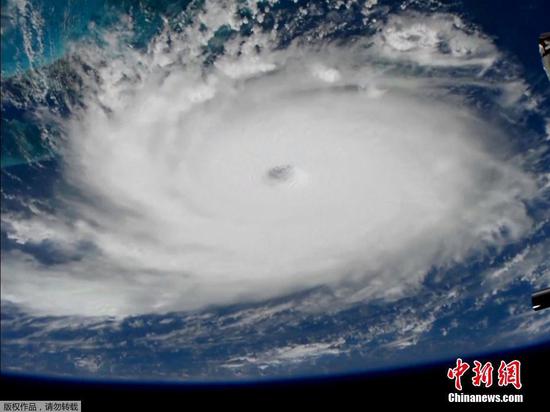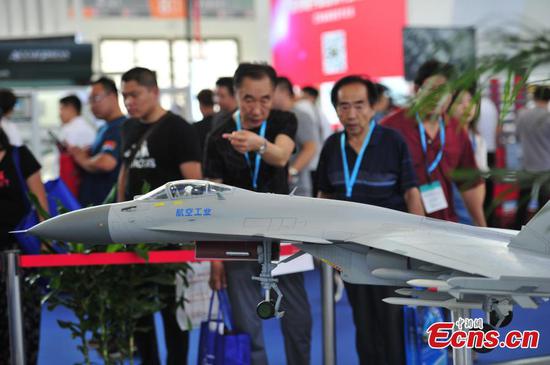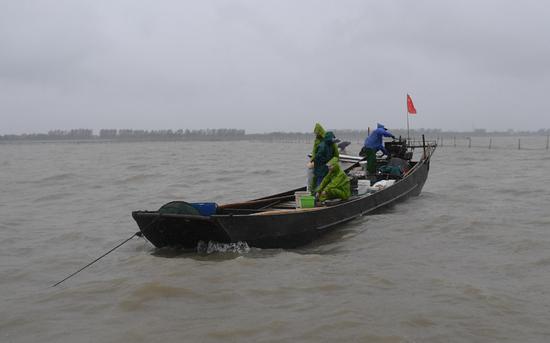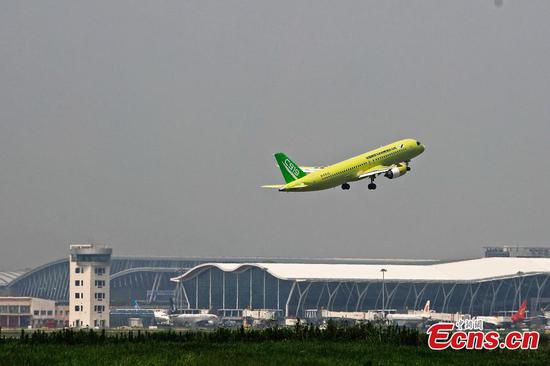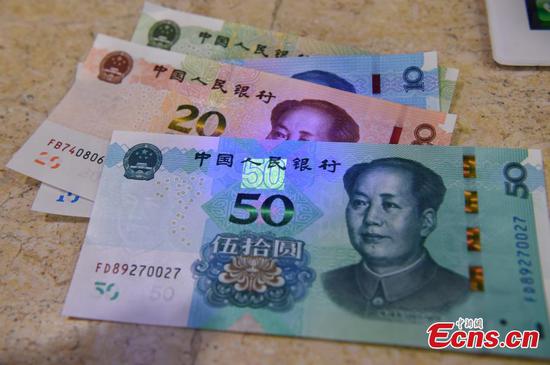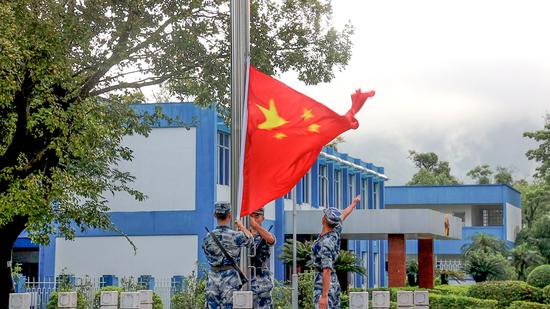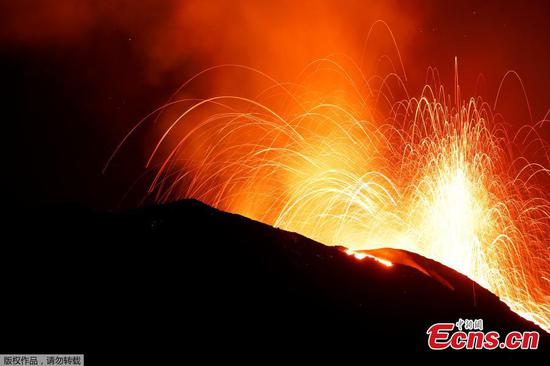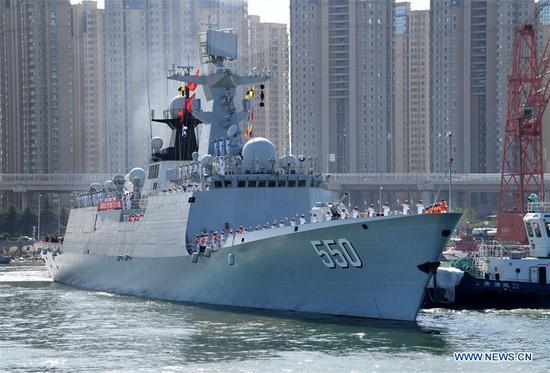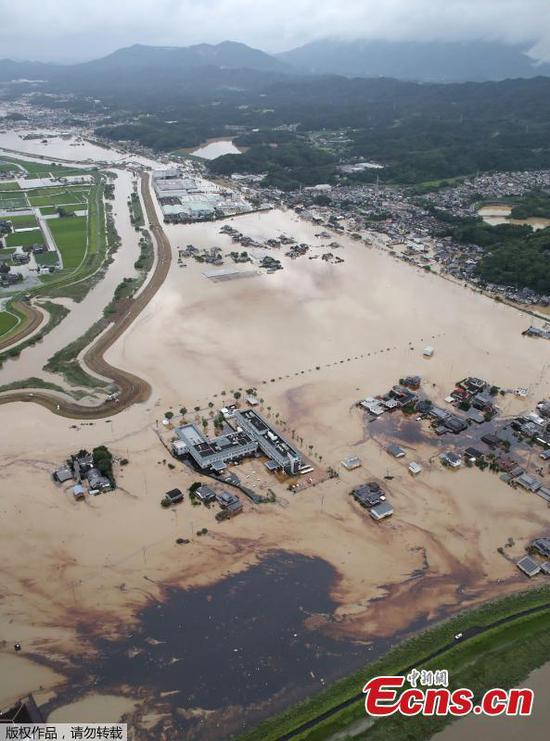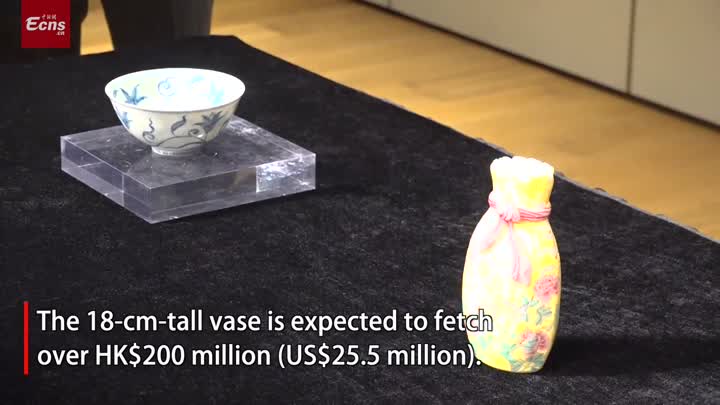
[Cai Meng/China Daily]
In the coming months, some of the worst collateral damage of U.S. tariff wars will occur in sub-Saharan Africa. The adverse impact is likely to be aggravated by U.S. protectionism, which shuns economic integration in Africa.
After U.S. tariff wars undermined the global recovery momentum in 2018, the World Bank projected in June that the world economy would only expand by 2.6 percent. The International Monetary Fund (IMF) has affirmed the trade wars could wipe $455 billion off global GDP in 2020.
The adverse impact on sub-Saharan Africa is reflected by downgraded projections. In April, the World Bank cut the 2019 growth forecast for the region to 2.8 percent from 3.3 percent.
Until the commodity price slump of 2015, Africa enjoyed a decade of rapid growth. The recovery of those growth levels could take long, due to the decline in industrial production and particularly as the U.S.-Sino trade war is taking its toll.
Indeed, the collateral damage in Africa is about to begin.
Trade wars' impact on Africa
Recently, Akinwumi Adesina, president of the African Development Bank (AfDB) warned that the U.S.-China trade war and uncertainty over Brexit pose risks to Africa's economic prospects that are "increasing by the day."Such prospects are also fueled by a recession in Germany.
Indirectly, the diminished prospects are reflected by three major economies - Nigeria, South Africa and Angola - that make up about 60% of sub-Saharan Africa's annual economic output. At the moment, all are coping with various challenges, curbing their contribution to the growth momentum.
Although Africa is not the direct target of the U.S.-Sino trade war, U.S. tariffs have typically heralded plunging commodity prices, local currencies and major equity exchanges. Earlier in the year, AfDB warned that the trade conflicts could result in a 2.5 percent reduction in the GDP of resource-intensive African countries and 1.0 percent reduction for oil exporters in the next two years.
As U.S. tariffs and diminishing global prospects slow down Chinese production and thus reduce Beijing's demand for raw materials from Africa, the prospect of slowing Chinese demand could further reduce annual exports from Africa.
The largest regional exporters to China - South Africa and Angola, but also the Republic of Congo, Democratic Republic of Congo, Ghana and Gabon, and Nigeria which rely on China's need for resources for a significant chunk of their exports - are said to be vulnerable. And so are other African countries with more than 40 percent of their exports going to China, such as South Sudan, Eritrea, Gambia, Guinea and Zimbadwe. Conversely, Africa's biggest exporters to the U.S. - particularly Angola and South Africa, the Republic of Congo and Democratic Republic of Congo, Gabon and Ghana, Guinea and Nigeria which are dependent on U.S. absorption capacity - remain particularly vulnerable.
Recently, international spotlight has lingered on those African countries that rely on Chinese trade and investment. The highlight should be extended to those countries that depend on U.S. trade and investment, due to the dramatic shifts in U.S. economic presence in Africa in the past two to three decades.










